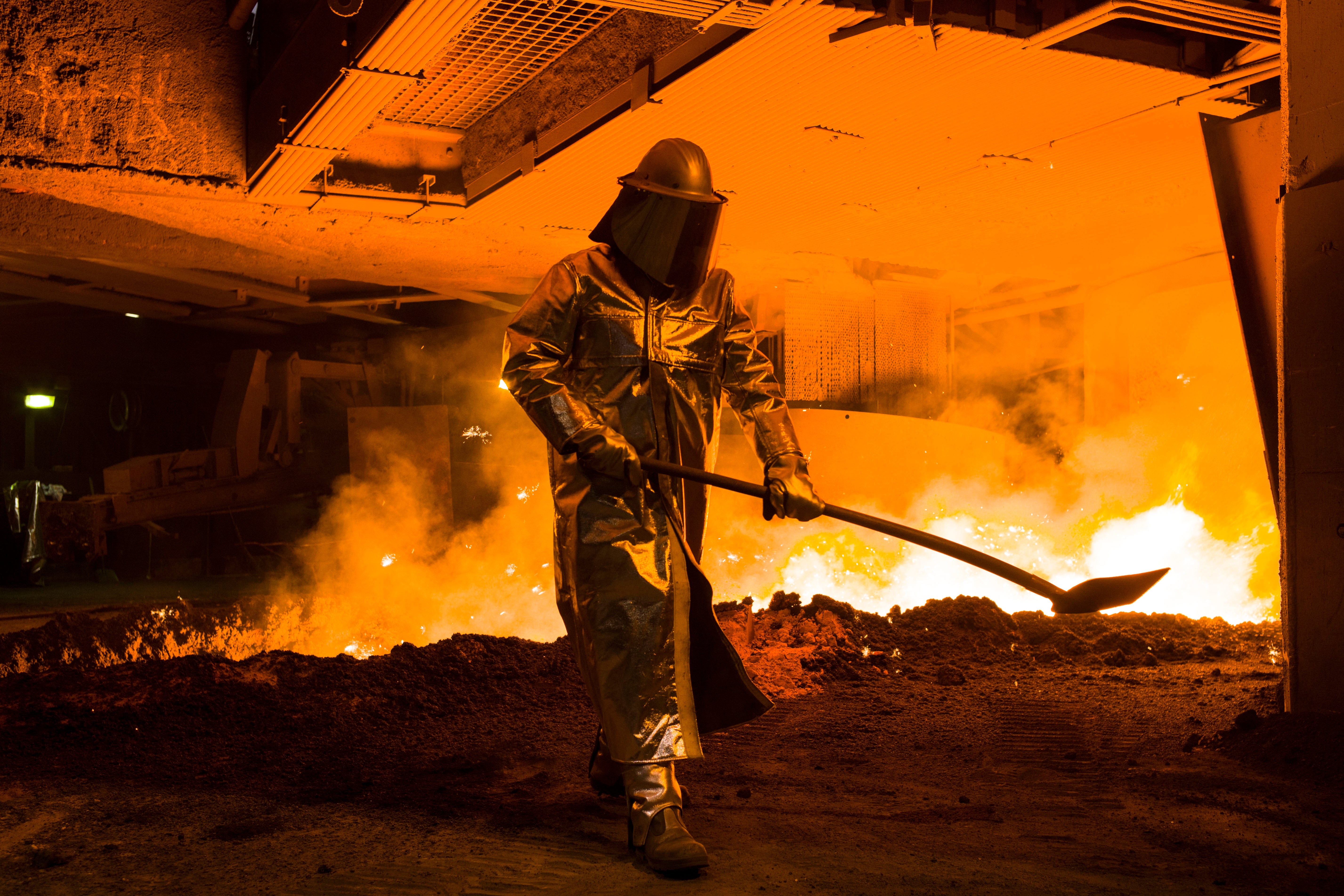Germany's biggest industrial union seeks a 7% raise for millions of workers
Germany’s biggest industrial union says it will seek a 7% pay increase for millions of workers in negotiations starting later this year

Your support helps us to tell the story
From reproductive rights to climate change to Big Tech, The Independent is on the ground when the story is developing. Whether it's investigating the financials of Elon Musk's pro-Trump PAC or producing our latest documentary, 'The A Word', which shines a light on the American women fighting for reproductive rights, we know how important it is to parse out the facts from the messaging.
At such a critical moment in US history, we need reporters on the ground. Your donation allows us to keep sending journalists to speak to both sides of the story.
The Independent is trusted by Americans across the entire political spectrum. And unlike many other quality news outlets, we choose not to lock Americans out of our reporting and analysis with paywalls. We believe quality journalism should be available to everyone, paid for by those who can afford it.
Your support makes all the difference.Germany's biggest industrial union said Monday it will seek a 7% pay increase for millions of workers in negotiations starting later this year, arguing that companies including automakers and machinery manufacturers are in a position to afford it.
The IG Metall union's leadership said it was recommending a hefty raise demand for 3.9 million workers in view of “a persistently high price level.” It said that companies have well-filled order books and that, even though prices are no longer accelerating as quickly as they were, one-time payments agreed in the last settlement have been eaten up by inflation.
In the last round of pay talks, IG Metall and employers agreed in late 2022 to raises totaling 8.5% over two years plus one-time payments totaling 3,000 euros (about $3,200) each, meant to cushion the effect of sky-high inflation. The government, which wanted to address the impact of rising prices while preventing an inflationary spiral, was keen to promote such tax-free payments.
IG Metall called for a 7% raise and a one-year deal this time. It said it understands that some companies are in a volatile situation, but argued this doesn't detract from the industry's overall solidity and an improving economic outlook.
In Germany, wage deals are typically hammered out in negotiations between employers organizations and unions that cover a whole sector, and an agreement reached in one region is generally applied nationwide. IG Metall's current agreement expires at the end of September.
Germany's annual inflation rate stood at 2.4% in May, down from nearly 9% at the beginning of last year.
The country's economy, Europe's biggest, has been struggling to generate growth. Employers have argued that the economic situation doesn't allow for large wage increases.